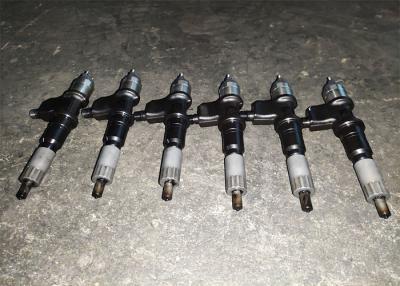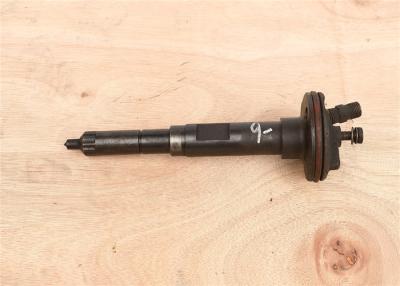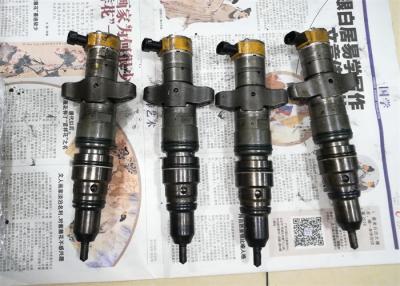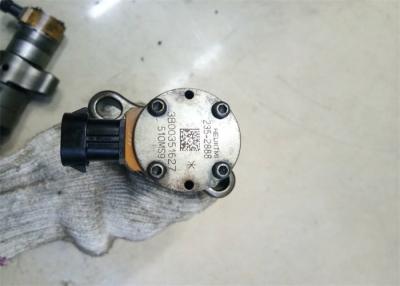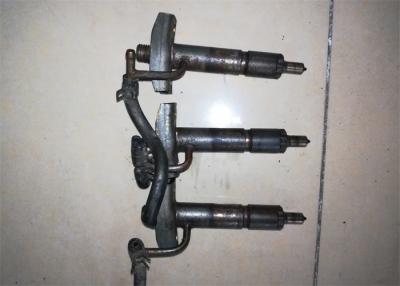





| Price | Negotiated |
| MOQ | Negotiable |
| Delivery Time | 5 - 8 work days |
| Brand | Yanmar |
| Place of Origin | Japan |
| Model Number | 3D84 - 3 4D84 - 3 |
| Packaging Details | Neutral Package or Fumigation |
| Payment Terms | D/P, T/T |
| Supply Ability | 40 pieces |
| Condition | Used | Engine model | 3TNE88 3TNV88 4TNE88 |
| Place of Origin | Japan | Packaging Details | Neutral Package or Fumigation |
| Color | Same as pictures | Excavator model | PC30 PC45 |
| Material | Steel | Model Number | 3D84 - 3 4D84 - 3 |
| Supply Ability | 40 pieces | Brand Name | Yanmar |
| Payment Terms | D/P, T/T | Type | Diesel Engine |
| Price | Negotiated | Delivery Time | 5 - 8 work days |
| Product name | Used Fuel Injector | Part number | 729503 - 53100 |
3TNE84 4TNE84 Diesel Used Fuel Injector For PC30 PC40 72950353100
Specification
| Part Name: Fuel Injector Assy | Size: Standard | |
| Category: Spare parts | Cylinders Number: 6 | |
| Engine type: Diesel | Test staus: Normal | |
| Injection: Electric Injection | Injector Code: 72950353100 | |
Description
When
Should
I
Use
a
Fuel
Injector
Cleaner?
Provided
you
make
an
attempt,
it’s
kind
of
hard
to
go
wrong
when
applying
fuel
injector
cleaner.
Some
mechanics
will
tell
you
that
your
ride
can
run
up
to
15,000
miles
on
one
fuel
injector
cleaner
session.
However,
if
your
vehicle
is
older
or
you
deal
with
tougher
conditions,
it’s
recommended
you
use
it
at
the
3,000-mile
marker,
but
if
your
car
is
telling
you
otherwise,
listen
to
it.
The
best
thing
about
fuel
injector
cleaner
is
that
it
makes
its
need
known
through
nuisance
noises
and
driving
inconveniences.
It all depends on driving conditions, the age of your car, and the quality of the fuel you’re using. In terms of driving conditions, if you are decelerating and accelerating more frequently or deal with a lot of hills, you naturally incur more wear and tear. This is significantly increased by towing vehicles since it adds strain to the whole system. Plus, the older the vehicle gets, the more fuel it will consume and the more injector cleaner it needs. New cars get much better fuel mileage and much slower wear, requiring more infrequent treatments. Another consideration is the grade of fuel you use. It might cost you a bit more at the pumps, but less particulate in your gas gives your fuel injectors fewer particles with which to contend.
Ultimately, if you want to improve fuel efficiency and are tackling general maintenance, you can use a small number of additives frequently. Some go weekly, while others opt for every other day—it all depends on your car’s condition. However, if you’re looking to tackle the damage that’s already been done, look for a more potent option to use every few months. If you find the issue recurring, aim for every three months. In conjunction with this, if you’re driving an older ride, you’ll want to treat it annually to a blast of carbon removal. Be sure that all the chemicals you use are compatible with one another if you are going off-brand for your yearly treatment.


